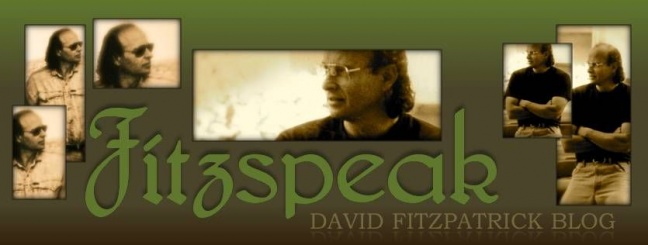“We’re now capable of doing renminbi settlement in many parts of the world,” said Chris Lewis, HSBC’s head of trade for greater China.
“All the other major international banks are frantically trying to do the same thing.”
HSBC and StanChart are among a slew of global banks –including Citgroup and JPMorgan – holding roadshows across Asia, Europe and the US to promote the renminbi to companies. The move aligns the banks favourably with Beijing’s policy priorities and positions them to profit from what is expected to be a rapidly growing line of business in the future.
The phenomenon will accelerate Beijing’s drive to transform the renminbi from a domestic currency into a global medium of exchange like the dollar and euro. Chinese central bank officials accompanied StanChart bankers on a roadshow to Korea and Japan in June. The bank held similar events in London, Frankfurt and Paris. Lisa Robins, JPMorgan’s head of treasury and securities services for China, said there had been a “spike in interest” from international clients.
An increasing number of Chinese companies have been asking foreign trading partners to accept renminbi as payment, said Carmen Ling, Hong Kong head of global transaction services at Citigroup. BBVASpain’s second-biggest bank, is also drawing up plans for a global marketing campaign that will focus on Latin American companies that export to China.
Banks started establishing renminbi trade settlement operations in mid-2009, when Beijing introduced a pilot scheme allowing companies to use the renminbi for trade outside China. The scramble has intensified in recent months as Beijing has substantially expanded the scheme – from a handful of Asian countries to the whole world – and introduced other liberalisations to its currency regime. Cross-border trade in renminbi totalled Rmb70.6bn ($10bn) in the first half of the year – about 20 times the Rmb3.6bn recorded in the second half of 2009.
But those figures remain tiny compared to the $2,800bn worth of goods and services that were traded across China’s borders last year, most of which was settled in dollars or euros. With renminbi trade settlement volumes expected to increase rapidly, banks are under pressure to establish a foothold in the nascent market and demonstrate to Chinese officials that they are committed to the scheme.
China has taken several steps in recent months to boost the international use of its currency and to establish Hong Kong, the special administrative region, as the global centre for offshore renminbi business.
McDonald’s, the US burger chain and icon of globalisation, took advantage of the new rules this month when it became the first foreign multinational to issue renminibi- dominated bonds in Hong Kong.
Copyright The Financial Times Limited 2010. You may share using our article tools. Please don't cut articles from FT.com and redistribute by email or post to the web. As I mentioned above. I only posted this after Friends could not access the Financial Times in the manner described. It is an excellent European financial paper.

